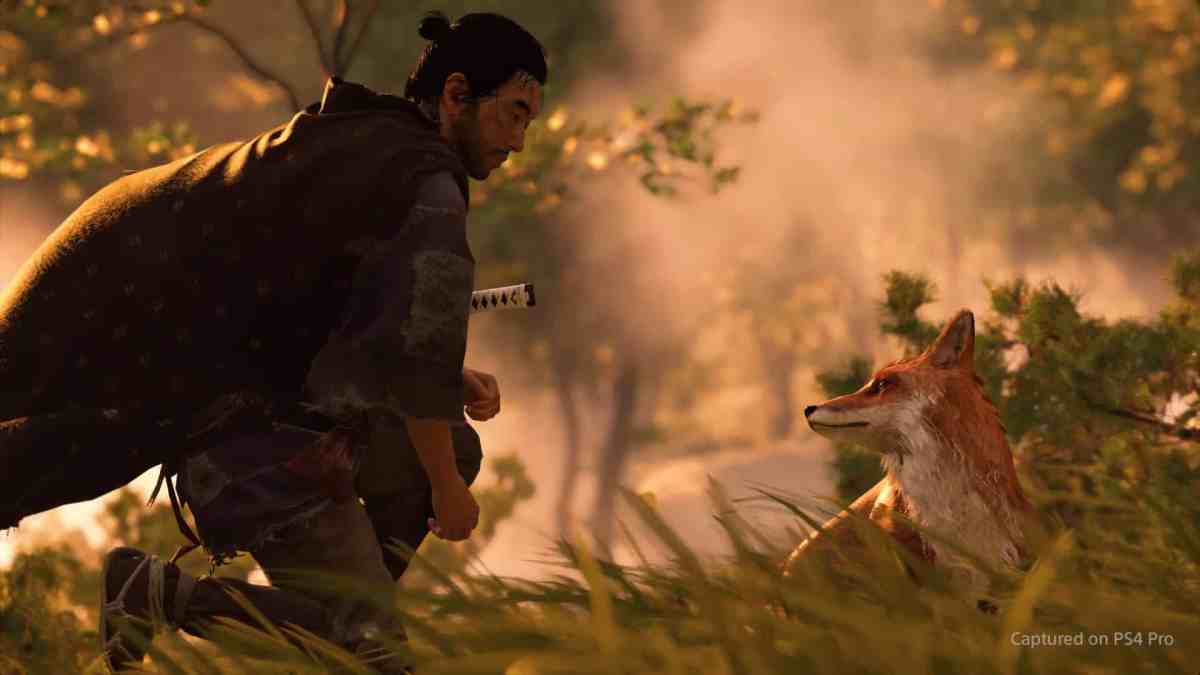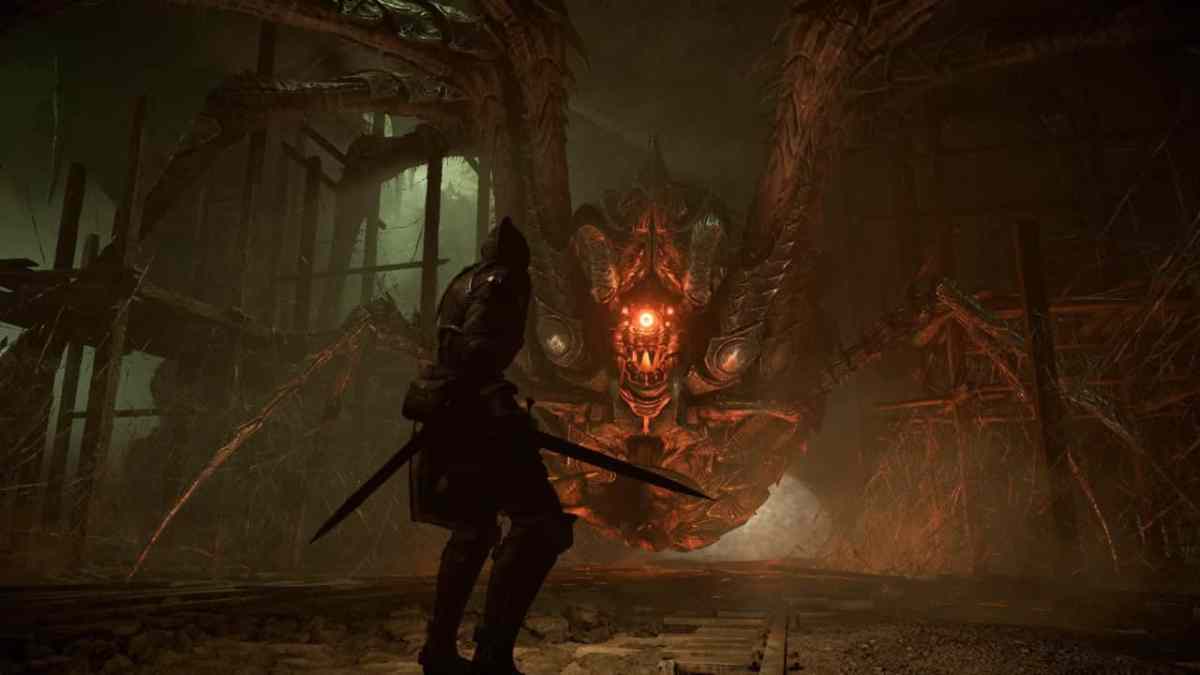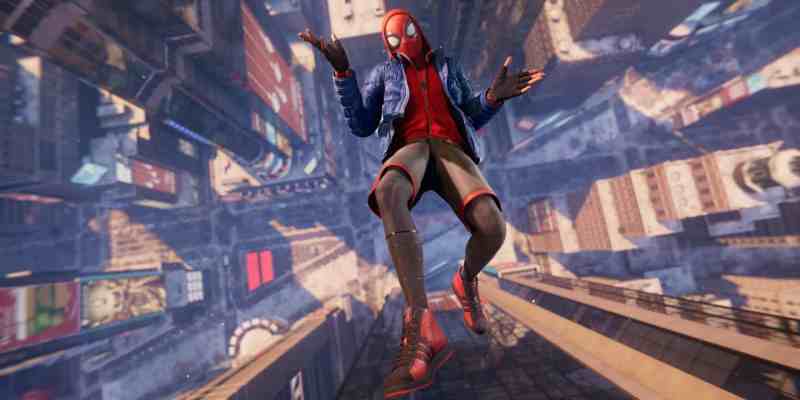Most people don’t triumphantly cross the finish line of a marathon, only to immediately begin running for another 26.2 miles. But that’s exactly what Sony did in 2020, sending the PlayStation 4 off into the sunset with a remarkable suite of games, followed by immediately introducing the PlayStation 5 with its own incredible set of exciting experiences. And though it wasn’t without its share of stumbles, the PlayStation brand, and more importantly the iconic games associated with it, is looking as strong as ever.
A little under a year ago, I wrote a piece on how the final year in a console’s life cycle can oftentimes be its best and most exciting one. I looked at how we got BioShock Infinite, Grand Theft Auto V, and The Last of Us in 2013, just months before the launch of PlayStation 4. This trend continued back several generations, and I outlined how I believed 2020 would yield similar success for our seven-year-old hardware. Despite all that, I don’t think I was quite prepared for just how great of a “final” year PlayStation 4 would have in 2020.
Dreams from Media Molecule has produced some of the most fascinating creations imaginable. Persona 5 Royal took one of the greatest JRPGs ever made and made it even better. Final Fantasy VII Remake actually released, and not only that, but it gorgeously subverted what we thought we wanted from a remake of a 25-year-old classic. 13 Sentinels: Aegis Rim is a bad title for a game that contains some of the most ambitious storytelling I’ve ever seen in this medium. Ghost of Tsushima delivered the open-world samurai game we’ve been asking for forever and somehow managed to live up to expectations. Fall Guys became the game of the summer, partly thanks to its being available for free on PlayStation Plus. Genshin Impact quickly grew into a free-to-play global phenomenon. And The Last of Us Part II took us on a beautiful and unforgettable ride through grief, revenge, and what it means to truly forgive somebody.
All of those games came on hardware from 2013, and each of them was uniquely fantastic in its own right. While so many of us had our eyes fixed on the future, Sony was out here delivering the goods in the present. And that commitment paid off — as of August 2020, PlayStation 4 had sold over 112 million consoles worldwide, making it the second highest-selling home console in history, trailing only PlayStation 2. It was a pretty remarkable way to sunset a generation, but as the fall rolled around, attention shifted to Sony’s shiny new toy.

Information about PlayStation 5 trickled out throughout 2020. The familiar logo came in January, the impressive specs in March, the DualSense controller in April, and the reveal of the hardware itself in June, the design of which the internet certainly had a field day with. There is the $499 version with a disc drive, as well as a $399 version without, putting it in line with Microsoft’s Xbox Series X pricing, though still higher-priced than the Series S.
PlayStation 5 launched in North America on Nov. 12, with a lineup that consisted of a lot of cross-generational games, including the delightful Sackboy: A Big Adventure and condensed spidey-sim Spider-Man: Miles Morales. The Demon’s Souls remake from the wizards at Bluepoint Games was the biggest PS5 exclusive and did an excellent job of showcasing the kinds of incredible visuals we can expect once games start being made exclusively for the new hardware. It also reminded us that the long wait for Elden Ring will be totally worth it.
Third-party games like Assassin’s Creed Valhalla, Call of Duty: Black Ops Cold War, The Pathless, and Bugsnax helped bolster the lineup into arguably the strongest collection in console history. There might not have been a singular generation-defining game like Super Mario 64, Halo: Combat Evolved, or The Legend of Zelda: Breath of the Wild, but the sheer number of great games on day one was truly impressive.
That said, of the 50+ new games I played and completed in 2020, none of them felt “next-gen” quite as much as Astro’s Playroom, which is fitting considering it came as a pack-in with all PlayStation 5s. The cute and charming platformer doubles as a wonderful celebration of PlayStation’s incredible history and a proof of concept for what the new hardware is capable of, particularly when it comes to the DualSense controller. The level of haptic feedback at play here truly has to be felt to be believed, and it’s the main thing that separates PlayStation 5 from Xbox Series X in terms of tech. Going forward, I’m super curious to see if other developers utilize this technology in new and exciting ways — or if it goes the way of motion controls and ends up being an afterthought or a gimmick.

While we don’t have exact sales numbers yet, PlayStation tweeted out that the PS5 was its biggest console launch ever. And this tracks, given how it’s still nearly impossible to find a PS5 readily available for purchase. But these impressive sales didn’t come as a result of major shifts in Sony’s strategy. There was nothing to the scale of Microsoft’s Zenimax acquisition, the rolling growth of Game Pass, or the game-changing potential of xCloud. Instead, Sony just focused on what it does best — releasing great games at a consistent rate.
Though Sony never had to go into crisis mode, it wasn’t without its share of bumps along the 2020 road. Prior to the launch of Marvel’s Avengers, it was revealed that Spider-Man would be coming to the game in 2021 exclusively on PS4 and PS5. This was met with an understandable amount of backlash, as it felt like Square Enix and Crystal Dynamics were splintering their fanbase before the game had even come out. Despite being a boon for PlayStation fans, it ultimately left a bad taste in a lot of mouths and was a troublesome sign of what kinds of deals might lay ahead. The funny thing about this specific deal is that discussion around Marvel’s Avengers sputtered out so heavily after launch that it feels like a lot of folks have just completely forgotten about this.
Additionally, those of us hoping that Sony would deliver a console that celebrated its history by allowing backwards compatibility with games from the PS1-PS3 generations were bummed to learn that wouldn’t be the case. On top of this, PS Now doesn’t elicit the same excitement as Xbox Game Pass, both in its library of games or its future potential. That said, it was nice to see Sony announce the PlayStation Plus Collection for the PlayStation 5 launch, which included some of the best games of the generation like Bloodborne, The Last Guardian, and Persona 5.

One of the big questions going forward involves the future of PSVR. Sony’s virtual reality had some great experiences in 2020, including Marvel’s Iron-Man, Star Wars: Squadrons, and Dreams. But those all got overshadowed by Valve’s incredible Half-Life: Alyx. With the PS5 marketing relying very little on PSVR support, it remains to be seen what Sony has in store for the technology going forward — perhaps we’ll see a “PSVR 2” announced at some point in 2021.
As for PlayStation 5 itself, the preorder process was nothing short of a mess. Sites went down immediately, scalping bots gobbled up consoles by the thousands, and there was no clear and easy way for excited folks to jump into the new generation. Part of this was certainly due to production constraints brought on by the pandemic, but until companies find a way to circumvent bots, it’s going to be a hassle every time exciting new hardware is released.
With all of that now behind us in 2020, Sony’s future is looking bright. In terms of potential studio acquisitions, Bluepoint is an interesting one to consider. It has a long history of bringing over remastered ports, like The Ico & Shadow of the Colossus Collection for PS3 and Uncharted: The Nathan Drake Collection for PS4. In 2018, it made a huge splash with the Shadow of the Colossus remaster/remake for PS4, which took Team Ico’s 2005 classic and updated its visuals into one of the best-looking games of the generation. And from there, it springboarded to its biggest project yet, with the wonderful Demon’s Souls remake. This strong partnership with PlayStation has led to a lot of speculation regarding Bluepoint becoming one of Sony’s first-party studios, which coincides with rumors of a ground-up remake of the original Metal Gear Solid for PS5.
As for games we already know about, the big ones in 2021 look to be Ratchet & Clank: Rift Apart, Horizon Forbidden West, Returnal, Kena: Bridge of Spirits, Gran Turismo 7, and Deathloop. That last one is interesting, because despite Deathloop and Ghostwire: Tokyo being published by Bethesda, they remain timed PlayStation 5 exclusives due to deals made prior to Microsoft’s acquisition of Zenimax.

We also got a brief tease for the next God of War, though it has no set release window. It’s currently unknown whether it’s going to be a true, full-sized sequel or more of a smaller side story a la Spider-Man: Miles Morales and Uncharted: The Lost Legacy. I’ve argued in the past how that model of filling in the gap between major sequels with smaller and interesting tangential games could be a wise move for Sony’s franchises.
There’s also strong third-party support coming from Japan. Capcom has Resident Evil Village and whatever the hell Pragmata is. Square Enix showed off Project Athia as well as Final Fantasy XVI. And the core team behind the recent mainline Persona games is at the “climax” phase of development on Project Re Fantasy. As for unannounced games, given the success of franchises like Uncharted, Days Gone, Spider-Man, and Ghost of Tsushima, there’s a good chance we’ll be seeing more stories told in those worlds. There are also rumors and reports that SIE Japan Studio is working on some sort of Silent Hill reboot.
No matter which way you slice it, PlayStation had a remarkable 2020. The Last of Us Part II, Ghost of Tsushima, and Final Fantasy VII Remake led a suite of PlayStation 4 exclusives that helped make 2020 arguably the strongest in the console’s history. And despite some hiccups, PlayStation 5 launched to rousing success, with an exciting lineup of diverse games. From the games we know about going forward, PlayStation 5 is primed to deliver the same caliber of unforgettable experiences that we’ve come to expect from Sony for the past 25 years.
